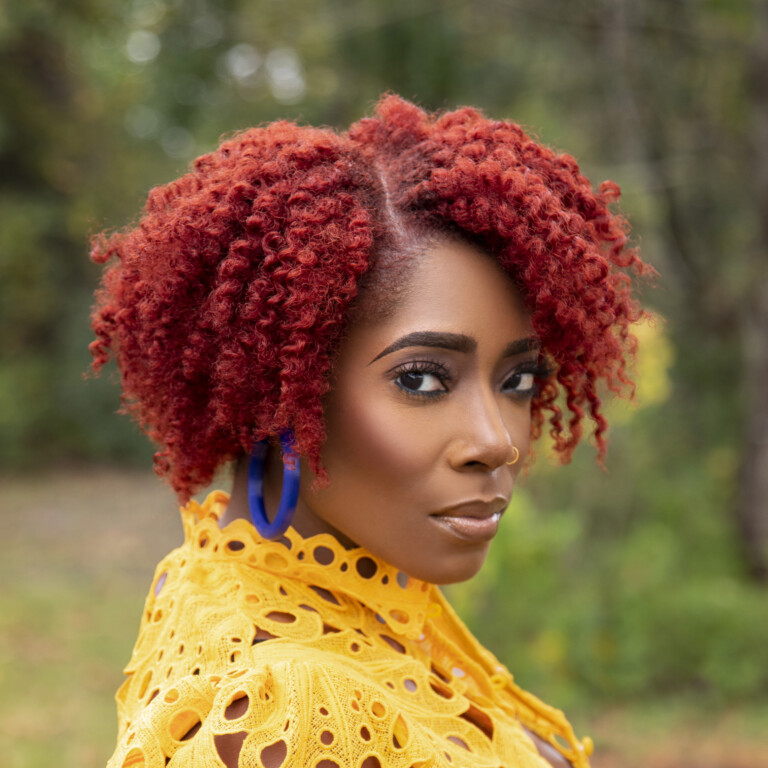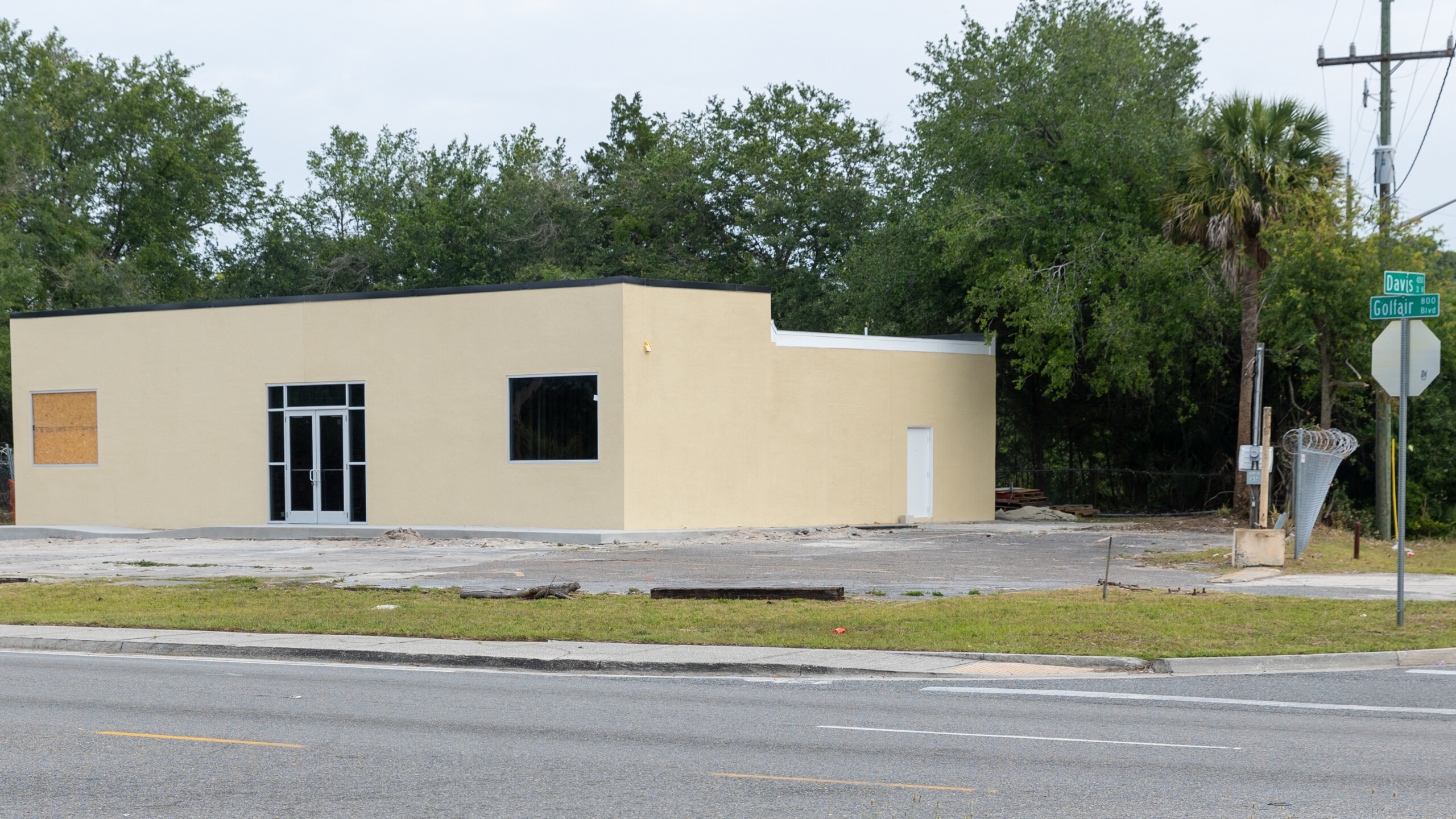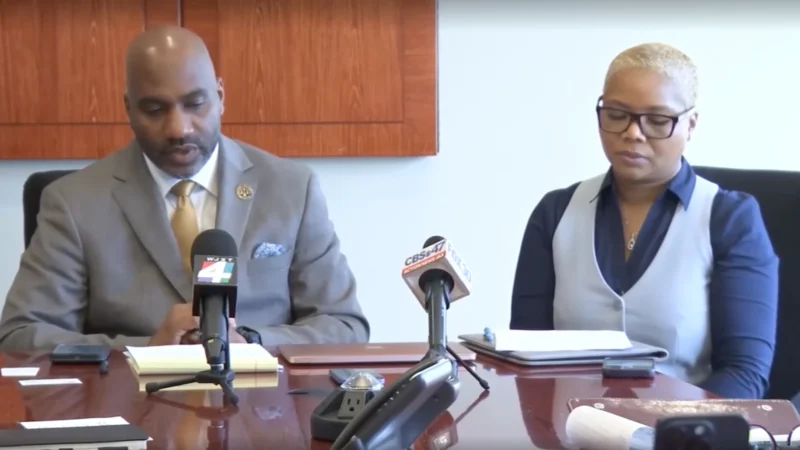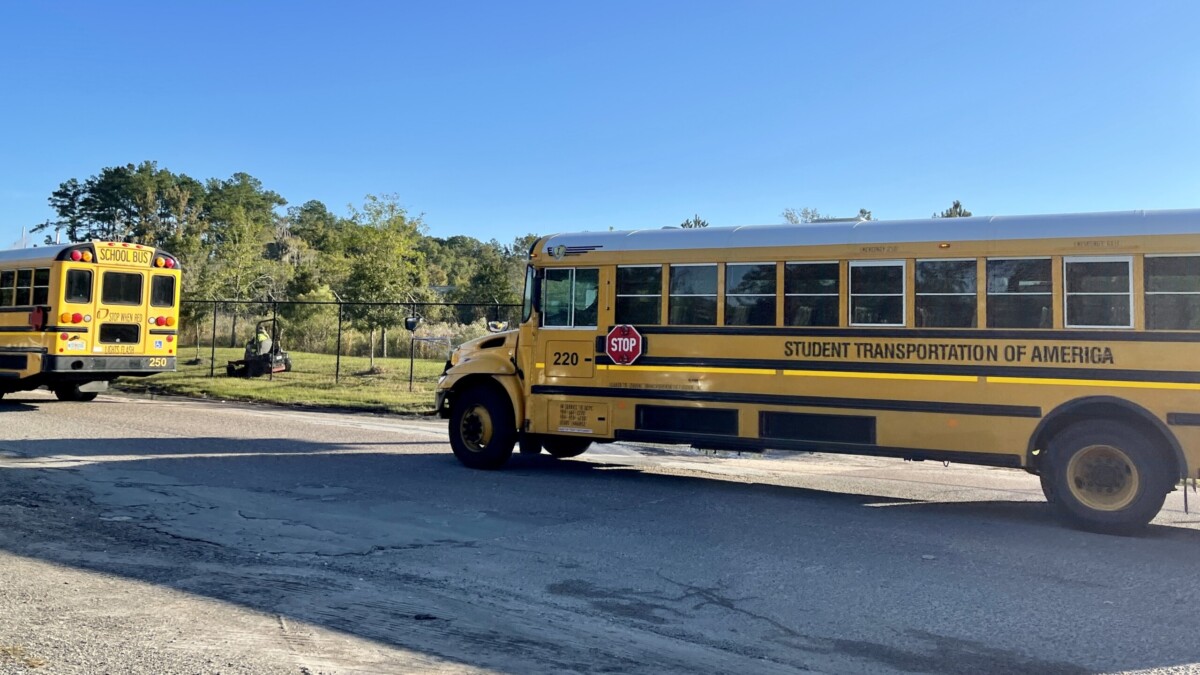
People should not have to prove their humanity. People should not have to prove they’re deserving of dignity and respect. And yet it seems a requirement, another cost of living, for those who differ from the ruling class in race, gender, sexuality or political affiliation.
Last week, the City Council voted to purchase a building formerly zoned for a liquor store that would have been across the street from a school in the Brentwood neighborhood after intense protest and opposition from the community. That same community also protests and opposes the construction of the new Medical Examiner’s Office. A proposal that was hidden from neighbors, and some city leaders, for years until the groundbreaking this spring, despite the Neighborhood Bill of Rights, which requires recognized community groups be notified of proposed public construction.
The differing fates of these two projects aggravates the assumption that neighborhoods made up of working class Black and Brown families do not deserve to have a say in what kind of businesses—private or public—can operate in their vicinity. These proposals would have never made it out of committee, let alone been approved by Council and other leading city officials, if they were targeted toward exurban neighborhoods, made up of more affluent and less diverse families on, say, the Southside, where I live.
My neighborhood was once targeted in a proposal for a new waste transfer station. Community opposition led to the proposal being withdrawn. Instead, a shiny new $16 million Waste Management employee facility opened last year a few miles from where the landfill would have been located.
I don’t believe that those in power think any business, no matter its product or service, will uplift undeserved and economically depressed communities. I believe they don’t care because they don’t care about the people in those communities — at least, not until it’s time to count on or employ new ways to disenfranchise their vote.
What’s happening in the Brentwood neighborhood is an extension of the long history of redlining that cut off mostly Black and Brown communities from both public and private investment, increased property values, and highly ranked schools seen elsewhere in the city. And yet, when people in these communities speak out about what’s been done to them by their government—city, state, or federal—their injuries are dismissed as if they don’t know harm, as if they’ve never felt pain.
Famed Florida author and culture worker Zora Neale Hurston famously said, “If you are silent about your pain, they’ll kill you and say you enjoyed it.”
Raising a voice in protest of your pain, in opposition to your oppression, and in petition against businesses, organizations, and governments to do better by you as a human has been a foundational tenet of freedom in this country. But now that freedom of expression, of speech, faces its gravest threat of survival since The Bill of Rights was ratified in 1791.
In an amicus brief written in support of the state, which is named as a defendant, in a pair of lawsuits involving book bans in Escambia and Lake counties, state Attorney General Ashley Moody argues, “Florida’s public-school libraries are a forum for government, not private, speech. And when the government speaks, it ‘can freely select the views that it wants to express, including choosing not to speak and speaking through the removal of speech that the government disapproves.’”
To claim public school libraries, and by extension all public libraries, are forums for government speech only because they are funded by the government and its employees work for the government—city, county, or state— is not only chilling because of the the threat to the books and authors but also because of the limits it places on thought.
This era of anti-intellectualism, is about more than the on-its-face action of banning books. The goal of these policies is to curtail critical thinking and analysis, which is a much deeper work than limiting free speech and free expression through books because if certain thoughts never occur to you, then they can never be expressed, spoken about, debated or protested against such as taking issue with building a liquor across street from a public school.
Unlike books, music, dance, visual art, and even oral storytelling such as plays, musicals and slam (spoken word) poetry are easier mediums of expression to absorb. These other forms of artistry stimulate oral, aural and visual senses as well as the mind. Books are more intimate. Since the days of papyrus and parchment, little had changed in how we chronicled history and the stories of people (until the advent of the e-reader and streaming services made audiobooks en vogue once more).
Reading is a game of the mind. One that can be taxing if the subject matter is uninteresting; horrifying if the words rendered on the page detail a brutality you’d never thought to imagine; deeply resonant and moving, sometimes to tears, if an author taps into an emotionality and makes you feel as if you know the characters the way you know your own mother; enlightening if the characters or history reveal a world to you you didn’t know existed or weren’t privy to because of where you live or how you identify; or totally enraging when truths that have been kept from you are laid bare and the systems and apparatuses employed to cover up those truths are unmasked for what they truly are; facades made up of falsehoods and lies to protect institutions of hate, racism and white supremacy.
Florida advocates for both ignorance and silence. Leadership in this state wants their citizens to never think certain thoughts or speak out against governmental wrongs done to them; therefore they are diligently seeking to limit what speech, what expression, what protests against indignity its denizens should be denied access to.
But lack of access to certain information won’t delude people into believing that what is harming them is actually a help. That a brand new morgue in the neighborhood will be a boon to local businesses. As long as people can remember, as long as they can speak, there will always be someone ready, willing and available to correct the record, whether it’s on improving the quality of their neighborhood or being able to indulge in stories and histories with people and characters that look or identify as they do.
It shouldn’t be this hard to demand better for your community or learn the truth, and yet it seems like just another cost of living.

Nikesha Elise Williams is an Emmy-winning TV producer, award-winning novelist (Beyond Bourbon Street and Four Women) and the host/producer of the Black & Published podcast. Her bylines include The Washington Post, ESSENCE, and Vox. She lives in Jacksonville with her family.






